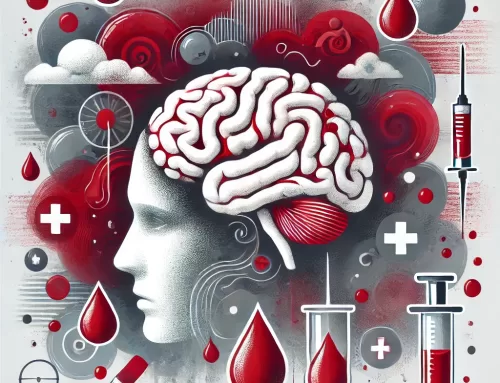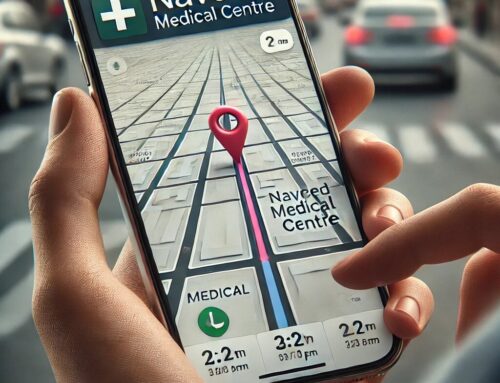Identify the symptoms of generalized anxiety disorder and effective treatment options for managing it at a trusted mental care center near you.
Understanding Generalized Anxiety Disorder (GAD)
Generalized anxiety disorder (GAD) is a mental health disorder in which people experience excessive and persistent worry about everyday things. Unlike normal anxiety, which is temporary and situational, GAD causes persistent distress, even when there is no immediate threat. This persistent worry interferes with daily life, making it difficult for people to concentrate on work, maintain relationships, and enjoy activities.
Visit Rawalpindi’s Best Rehabilitation Centre or seek help at mental care in Gulzar-e-Quaid for reliable treatment options.
Symptoms of Generalized Anxiety Disorder
Symptoms of GAD are both mental and physical. Common signs include restlessness, irritability, difficulty concentrating, and a sense of impending doom. People with GAD often have difficulty controlling their worries and may feel tired even after small tasks. Physical symptoms such as muscle tension, headaches, increased heart rate, and digestive problems can also occur as the body responds to prolonged stress.
In addition, insomnia is a common problem in people with GAD, as racing thoughts can prevent good sleep. People may wake up restless, which also contributes to fatigue and restlessness during the day. In severe cases, GAD can even lead to panic attacks, which further exacerbate feelings of helplessness.
Causes and Risk Factors
Although the exact cause of GAD is not fully understood, many factors may contribute to its development. Genetic predisposition plays an important role, as anxiety disorders often run in families. Additionally, major life events such as trauma, loss, or prolonged stress can trigger GAD.
People with a history of other mental health problems, such as depression, are also at higher risk for GAD. Environmental factors, such as work stress or relationship difficulties, can exacerbate anxiety symptoms.
It is important to recognize that GAD is a chronic condition that can last for months or even years if left untreated.
Treatment Options for Generalized Anxiety Disorder
Fortunately, GAD can be treated with a combination of therapies. Cognitive behavioral therapy (CBT) is one of the most effective. CBT helps individuals identify and challenge negative thinking patterns, replacing them with healthier, more constructive responses to stress. Therapy allows individuals to regain control of their thoughts and reduce anxiety.
Counseling consultancy and relationship counseling are also available at our center, where you can learn techniques to overcome fear and develop better emotional health.
Medication Management and Lifestyle Changes
Medication can also play an important role in managing GAD. Doctors may prescribe antidepressants or anti-anxiety medications, such as selective serotonin reuptake inhibitors (SSRIs), to help regulate mood and reduce symptoms. Medications provide relief and are often used in combination with therapy for long-term effectiveness.
In addition to therapy and medications, lifestyle changes can significantly help control GAD. Regular exercise, practicing mindfulness, and using relaxation techniques such as deep breathing can reduce stress levels. A supportive social network, including family and friends, is also important in helping people feel more resilient and less isolated in their struggles with anxiety.
Seek Professional Help
If left untreated, GAD can worsen and lead to more serious mental health problems. That’s why it’s essential to seek professional help if you or a loved one is experiencing persistent symptoms of anxiety. Mental Care Centre in Gulzar-e-Quaid offers economical rehabilitation with friendly and kind doctors in a safe and supportive environment.





Leave A Comment